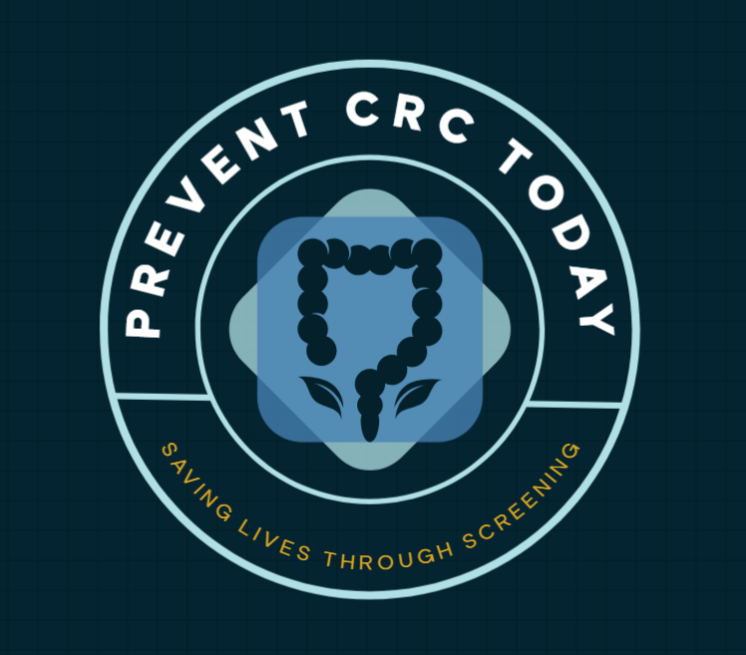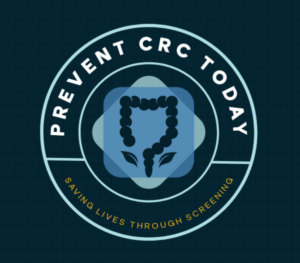If one of your close relatives has been diagnosed with colorectal cancer (CRC), it’s natural to wonder what that means for you. A family history of CRC usually means having a first-degree relative (FDR) – a parent, sibling, or child – who has had colon or rectal cancer.
Research shows that having CRC in a first-degree relative raises your risk of developing colorectal neoplasia (abnormal growths in the colon, including polyps and cancer).
For example, one recent analysis of 75 studies (over 930,000 people) found that individuals with an affected first-degree relative had about 67% higher odds of finding an adenoma (a common type of precancerous polyp) on screening, 66% higher odds of an advanced adenoma, and 58% higher odds of advanced neoplasia (large precancerous polyps or cancer).
These elevated risks were consistently observed across multiple studies. In fact, if two or more close relatives have had CRC, the risk climbs even higher (roughly 4-fold higher odds of adenomas, and double the odds of advanced neoplasia)
Why Family History Increases Risk
Family history matters for two main reasons. First, it likely reflects shared genes and shared environment. Some genetic traits that run in families can make cancer more likely, and families also often share diet and lifestyle factors (though genetics is a key reason doctors pay attention). Second, medical studies consistently find that people with an affected first-degree relative have more polyps and cancers. The 2024–2025 research clearly demonstrates this link: a new meta-analysis by Gao and colleagues found significantly higher rates of colorectal neoplasia in individuals with a family history of colorectal cancer (CRC).
In practical terms, this means that if cancer has appeared in your immediate family, your doctor will treat you as higher-risk. You won’t wait for symptoms – you’ll start screening earlier, and the screening method will likely be a colonoscopy.
Recommended Screening: Colonoscopy, Not Just Stool Test
Due to the higher risk, colonoscopy is the preferred screening test for individuals with a family history of colorectal cancer (CRC). Colonoscopy enables doctors to visualize the entire colon and rectum using a camera and remove any precancerous polyps during the same procedure.
This “see and remove” ability makes colonoscopy the gold-standard screening tool. Experts emphasize that for high-risk people, only colonoscopy (and no other test) should be used to screen for CRC.
What do the guidelines say? Most guidelines recommend that if you have a first-degree relative with colorectal cancer or advanced polyps, you should start colonoscopy screening much earlier than age 45. For example, leading U.S. experts suggest beginning colonoscopies around age 40, or about 10 years younger than the age at which your relative was diagnosed.
After the first colonoscopy, if no polyps are found, it should be repeated in approximately 5 years (instead of the usual 10 years for individuals at average risk).
Here’s why:
Accuracy for polyps: Stool tests miss many precancerous polyps. For example, one analysis showed that a stool DNA test (Cologuard) detects only about 42% of large polyps. In contrast, colonoscopy detects about 95% of large polyps (FIT, which only checks for blood, misses even more). In other words, a negative stool test does not guarantee that you don’t have a potentially high-risk polyp.
Follow-up needed: Any positive result on a stool test requires a follow-up colonoscopy to look for cancer.
At best, stool tests can only screen for initial indications. They do not spare you from a colonoscopy if cancer or polyps are found.
Guidelines: Due to these limitations, experts recommend that individuals at high risk (such as those with a family history of colorectal cancer) should opt for a colonoscopy. As noted, guidelines say for many high-risk people, colonoscopy – and no other test – is the way to go.
One gastroenterology clinic puts it: “A stool DNA test is typically not recommended for high-risk patients (someone with a family history of colorectal cancer), we still recommend colonoscopy for patients with certain risk factors.”
Taking Action: Talk to Your Doctor and Get Screened
If you have a family history of colorectal cancer, the most important thing is to talk to your doctor early. Ensure your doctor is aware of every parent or sibling who has had CRC (and their age at diagnosis). With that information, you can create a plan tailored to your risk. You will likely be advised to start colonoscopy screening at age 40 (or even younger, depending on your family history) and to repeat colonoscopies every 5 years if everything appears clear.
Starting early can make a big difference. Colonoscopy not only finds cancers early, but it can also prevent cancer by removing polyps before they become malignant. Modern anesthesia and techniques make the procedure as easy as possible, and most insurance plans cover recommended colonoscopies with little to no out-of-pocket cost.
References
Gao K, Jin H, Yang Y, et al. Family History of Colorectal Cancer and the Risk of Colorectal Neoplasia: A Systematic Review and Meta-Analysis.
American Cancer Society. Colorectal Cancer Screening Guidelines. Available at:
https://www.cancer.org/cancer/types/colon-rectal-cancer/detection-diagnosis-staging/acs-
American College of Gastroenterology. Colorectal Cancer Screening and Surveillance: Clinical Guidelines. Available at:
Dana-Farber Cancer Institute. Screening and Prevention for People with a Family History of Colorectal Cancer. Available at:


